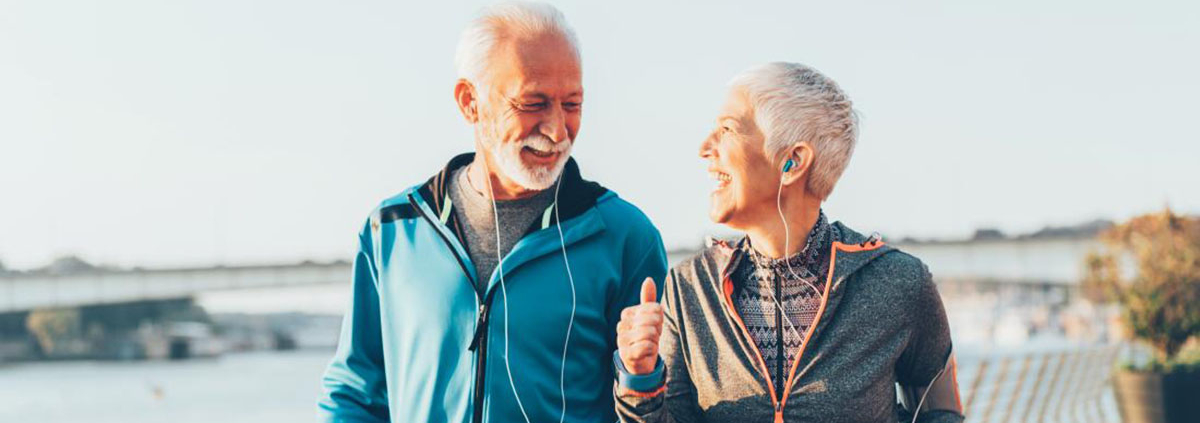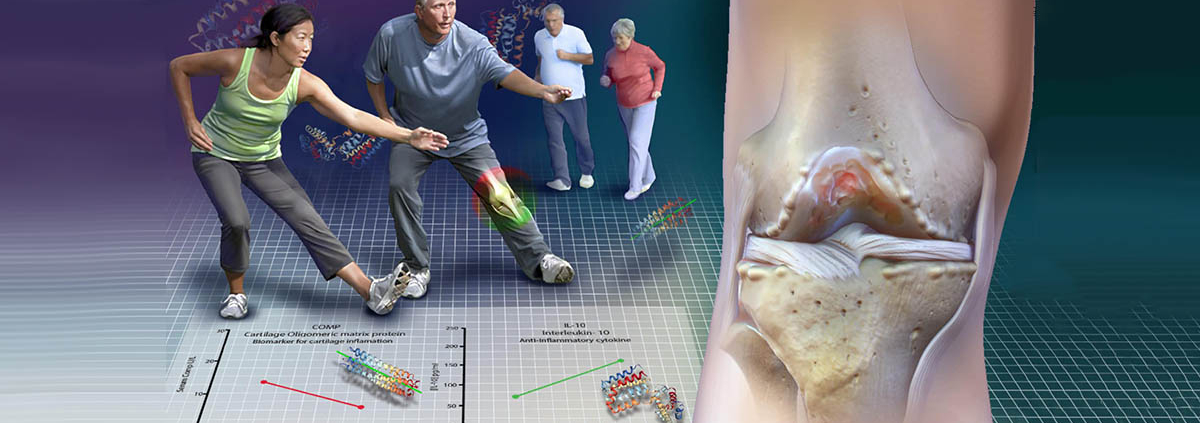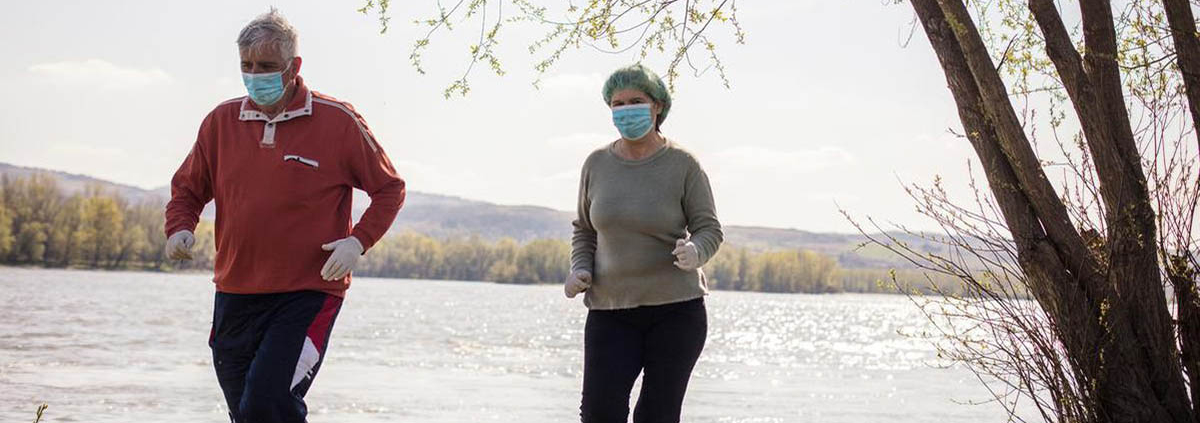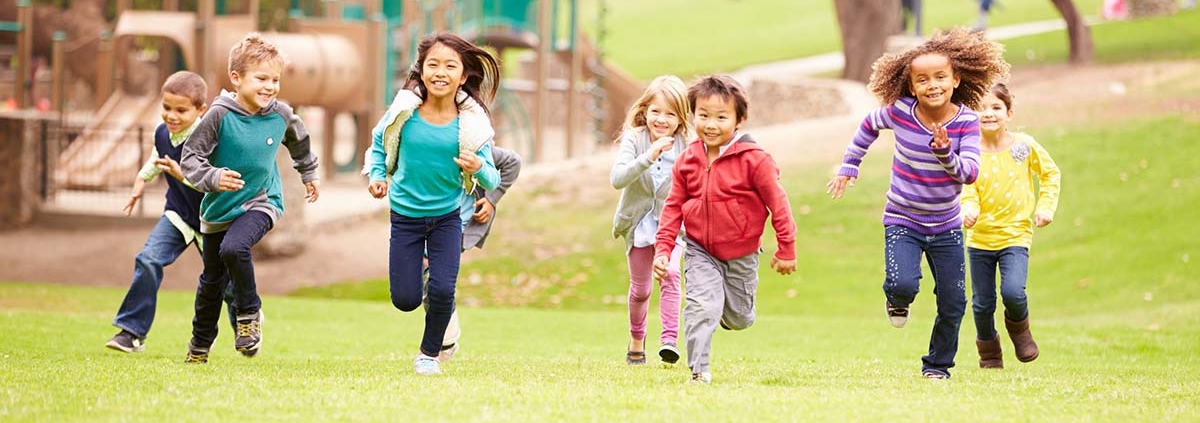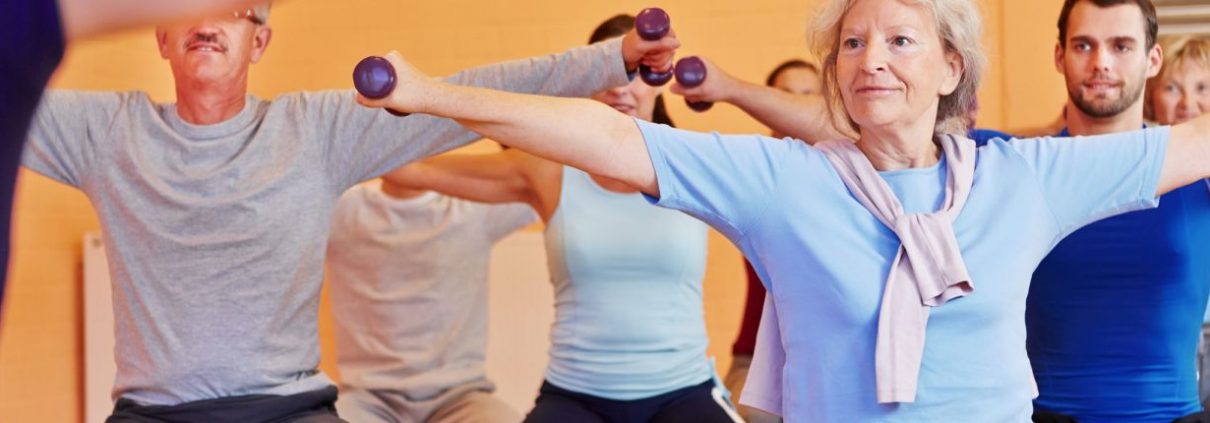Even just a few more steps a day benefits cognitive function
We all know we should exercise and eat healthy. But doing that isn’t just good for maintaining your figure as you age.
New research from the University of Georgia shows that physical activity could help protect your cognitive abilities as you age. And it doesn’t have to be intense exercise to make an impact.
Exercise improves brain function
Published in Sport Sciences for Health, the study followed 51 older adults, tracking their physical activity and fitness measurements. The participants performed tests specifically designed to measure cognitive functioning and underwent MRIs to assess brain functioning.
They also wore a device that measured the intensity of the wearer’s physical activity, number of steps taken and distance covered. The researchers assessed fitness through a six-minute walking test, during which participants walked as quickly as they could to cover the most distance possible within the time limit.
Release date: 08 March 2022
Source: University of Georgia

